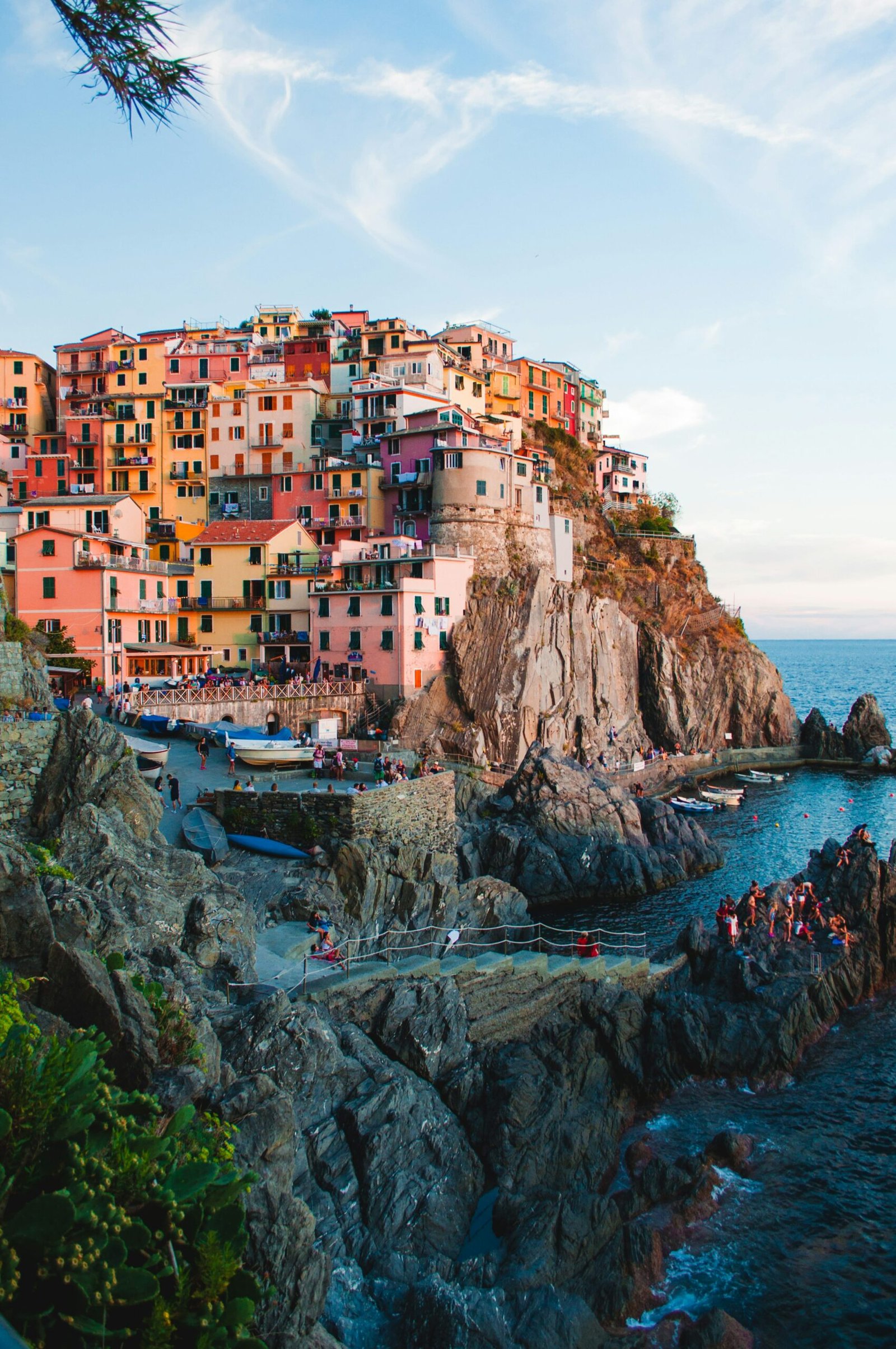Now Reading: Buy Property in Italy and Move There—Here’s the Guide
-
01
Buy Property in Italy and Move There—Here’s the Guide
Buy Property in Italy and Move There—Here’s the Guide

Have you ever dreamed of waking up in a stone villa in Tuscany, sipping espresso under the Italian sun, or walking cobbled streets lined with history and charm? Moving to Italy through property purchase is not just a dream—it can be your next reality.
Here’s how you can turn your love for Italy into a long-term move by buying property, plus the steps, legal tips, and visa options to make it happen.
Why Move to Italy Through Property Purchase?

Italy is one of Europe’s most attractive countries for expats. From its world-class cuisine and rich history to affordable real estate in certain regions, Italy offers a lifestyle that many only imagine.
Here’s why many foreigners choose to move to Italy by buying property:
- Affordable housing: Some regions offer homes starting at €1 (yes, really!).
- Permanent base: Owning property gives you a legal address and a stronger reason for long-term stays.
- Cultural immersion: Living in Italy lets you experience real Italian life—food, family, festivals.
Step 1: Choose the Right Property

Buying property in Italy is fairly straightforward for foreigners. You don’t need to be an Italian citizen or resident. But choosing the right home is key.
Things to consider:
- Region: Popular expat areas include Tuscany, Umbria, Puglia, and Sicily. Northern Italy offers modern amenities, while southern Italy is known for rustic charm and lower prices.
- Budget: Prices vary widely—from €20,000 for a small home in a rural village to millions in cities like Rome or Milan.
- Condition: Some properties, especially €1 homes, need major renovation. Always inspect the property in person or hire a local expert.
Tip: Hire an English-speaking real estate agent familiar with helping foreigners. This will help you avoid legal and cultural surprises.
Step 2: Understand the Buying Process

Buying a house in Italy involves several legal steps. Here’s a basic breakdown:
- Make an offer: Once you find a home, your agent will help you submit a formal offer to the seller.
- Preliminary contract (“Compromesso”): This agreement outlines the terms and conditions of the sale. You’ll usually pay a deposit of 10-30%.
- Final deed (“Rogito”): Signed in front of an Italian notary, this makes the property officially yours. You must pay the full amount and taxes at this point.
Fees to expect:
- Notary fees: ~1-2%
- Registration tax: 2-9%
- Agent fees: 3-5%
- Legal assistance (optional but recommended)
Step 3: Get the Right Visa or Residency Permit
Owning property does not automatically give you the right to live in Italy long-term. However, it can support your visa or residency application.
Here are the most common options:
1. Elective Residency Visa
This visa is ideal for retirees or people with passive income (like pensions, savings, or rental income).
Requirements:
- Prove sufficient income (about €31,000/year for singles, more for couples)
- Have health insurance
- Provide proof of accommodation (your new property!)
Note: You cannot work in Italy on this visa.
2. Investor Visa
If your property purchase is part of a larger investment (starting from €250,000 in Italian startups or €500,000 in companies), you may qualify for this visa.
3. Work or Freelance Visas
If you plan to work remotely or for an Italian company, check if your job qualifies for a work visa. You’ll still benefit from owning a home as proof of local connection.
Step 4: Register Your Residency (Optional but Recommended)
If you plan to live in Italy more than 183 days a year, you should register as a resident at the local town hall (“Comune”). This gives you access to:
- Local healthcare
- Tax residency
- Utility registration
You’ll need:
- Proof of address (your property)
- Passport and visa
- Proof of income
- Health insurance or registration with the national health system
Step 5: Enjoy the Italian Lifestyle
Once the paperwork is done, it’s time to enjoy your new life in Italy!
Things to explore:
- Take part in village festivals
- Learn Italian (locals love when you try!)
- Explore regional foods and wines
- Get involved in community activities
Many expats say they feel more connected to life and community in Italy than anywhere else.
Common Mistakes to Avoid
- Not hiring a notary or lawyer: You could miss hidden costs or legal issues.
- Ignoring renovation costs: That €1 home may need €50,000 in repairs.
- Not understanding visa rules: Owning property doesn’t give you automatic residency.
- Underestimating bureaucracy: Italian red tape can be slow—be patient and prepared.
Final Thoughts
Buying property in Italy is one of the most beautiful ways to make the country your home. Whether you’re retiring, seeking a lifestyle change, or dreaming of a slower pace of life, this path offers a mix of investment and personal enrichment.
Just remember: while the process is straightforward, it’s not without its steps. Research well, get professional help, and take your time.
You’ll be sipping wine in your Italian garden before you know it.
Read More:- Shobha Realty Launches Its Most Luxurious Project Yet—Full Details Inside 2025






















